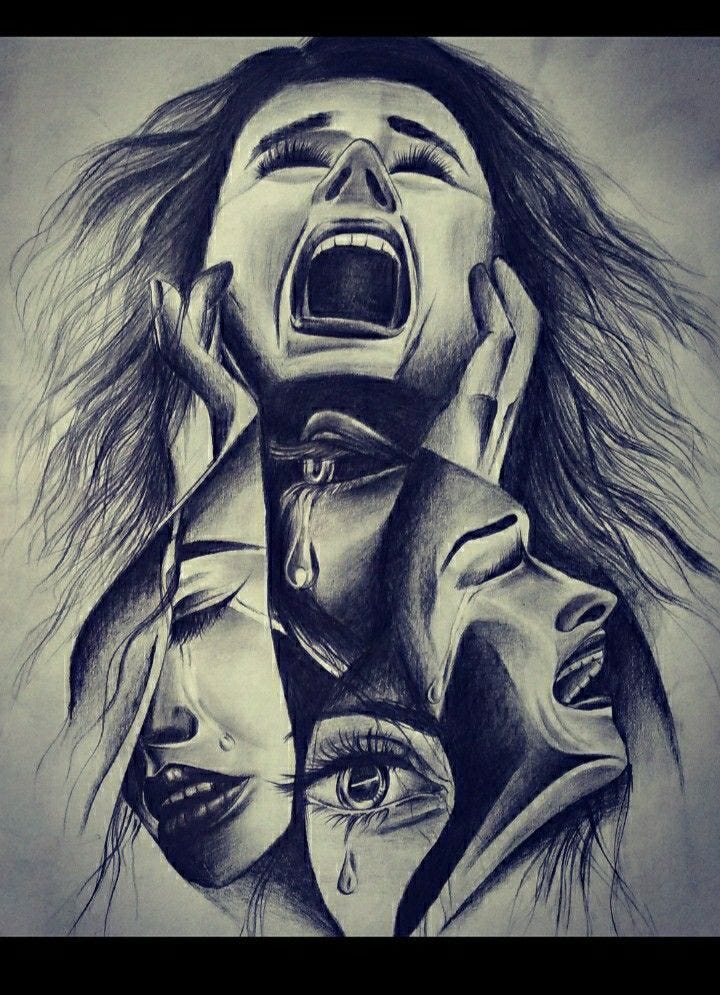Search This Blog
Aspiring cabin crew or curious reader? You’re in the right place. I offer 1:1 cabin crew consultations based on real industry experience—training, interviews, and life in the skies. Not pursuing aviation? I also write for readers who enjoy topics like life, mindset, and relationships—there’s something here for everyone. 👉 Book a Consultation | 📖 Read the Blog
Followers
Book Now!
- Get link
- X
- Other Apps
Why Do Some Men Protest Rape but Later Become Abusers?
A deep reflection on patriarchy, guilt, and conditioning

I recently stumbled upon a disturbing yet thought-provoking video on YouTube. Out of sheer curiosity, I clicked on it, and what followed was a mind-evolving experience.
That curiosity took me back to a memory that still haunts our collective conscience in India: the Nirbhaya case. The whole nation cried. People lit candles, held protests, and demanded justice. And yet, it took seven long years to deliver that justice.
The men were convicted of raping and murdering a young woman in the Indian capital in 2012.www.bbc.com
What stayed with me most wasn’t just the crime, but a chilling interview a journalist conducted with the convicts. Their words were dehumanising — their views on women, their sense of entitlement, and their lack of remorse reflected a dark reality: a society where many men feel authoritative, and untouchable.
Over time, the memory of that interview got buried somewhere deep in my mind. But it never left completely. I kept wondering: Why would someone commit such a heinous act and still feel no guilt, no shame?
Even if it was an impulsive act, what about after—after seeing the nation weep, the protests, and the lifeless body they had brutalized? Why didn’t it haunt them?
“A decent girl won’t roam around at nine o’clock at night. A girl is far more responsible for rape than a boy,” one of the rapist-murderers said. “Housework and housekeeping are for girls, not roaming in discos and bars at night doing wrong things, wearing wrong clothes. About 20% of girls are good.”
People “had a right to teach them a lesson,” he suggested—and he said the woman should have put up with it.
“When being raped, she shouldn’t fight back. She should just be silent and allow the rape. Then they’d have dropped her off after ‘doing her,’ and only hit the boy,” he said.
To follow up with the interview done by Ms. Leslie, read the full article here:
In 2012 an Indian student was raped on a bus in Delhi and died of horrific internal injuries. Leslee Udwin spoke to one…www.bbc.com
It’s quite disturbing, and I’m sorry if it starts bothering you or if you start doubting everyone around you. As for the men who’re reading this, this is how we feel as women in this patriarchal society. You might not be a rapist-murderer, but we still have to safeguard ourselves from everyone, just in case. We’ve been put in a cage in an independent world, and we are all breaking those ceilings to the best of our capacity.
The irony: from protesters to abusers
What’s more disturbing is the irony that hits harder than the crime itself.
Some of the same young men who once lit candles for Nirbhaya, who shouted slogans for justice, are today the very ones accused of abuse — emotional, physical, or sexual. What changed?
- Is it societal conditioning?
- The toxic dominance of patriarchy?
- The distorted beliefs shaped by demeaning porn content?
- Or are some simply sadists in disguise?
Patriarchy hurts everyone, but still, it thrives
One thing is clear: patriarchy damages both men and women.
It tells men not to cry, not to feel, not to submit—and to always assert power over women. It teaches women to be submissive, silent, and “grateful” for what little they are given.
While some men are waking up and standing beside women in the fight for equality, many still misinterpret feminism as some form of “woke rebellion” rather than the basic demand for equal rights.
And that’s the saddest part—to see hatred masked as masculinity and power used to oppress rather than uplift.
Final thoughts
This article isn’t about hate. It’s about reflection. It’s about questioning what we’ve been conditioned to accept as “normal.” It’s about holding a mirror to ourselves and asking: Are we truly who we say we are?
Until we dismantle the roots of patriarchy, redefine masculinity, and understand feminism not as a threat but as a tool for liberation, we’ll continue repeating the same cycle—lighting candles in the streets, while snuffing out dignity behind closed doors.
- Get link
- X
- Other Apps
Comments
Post a Comment